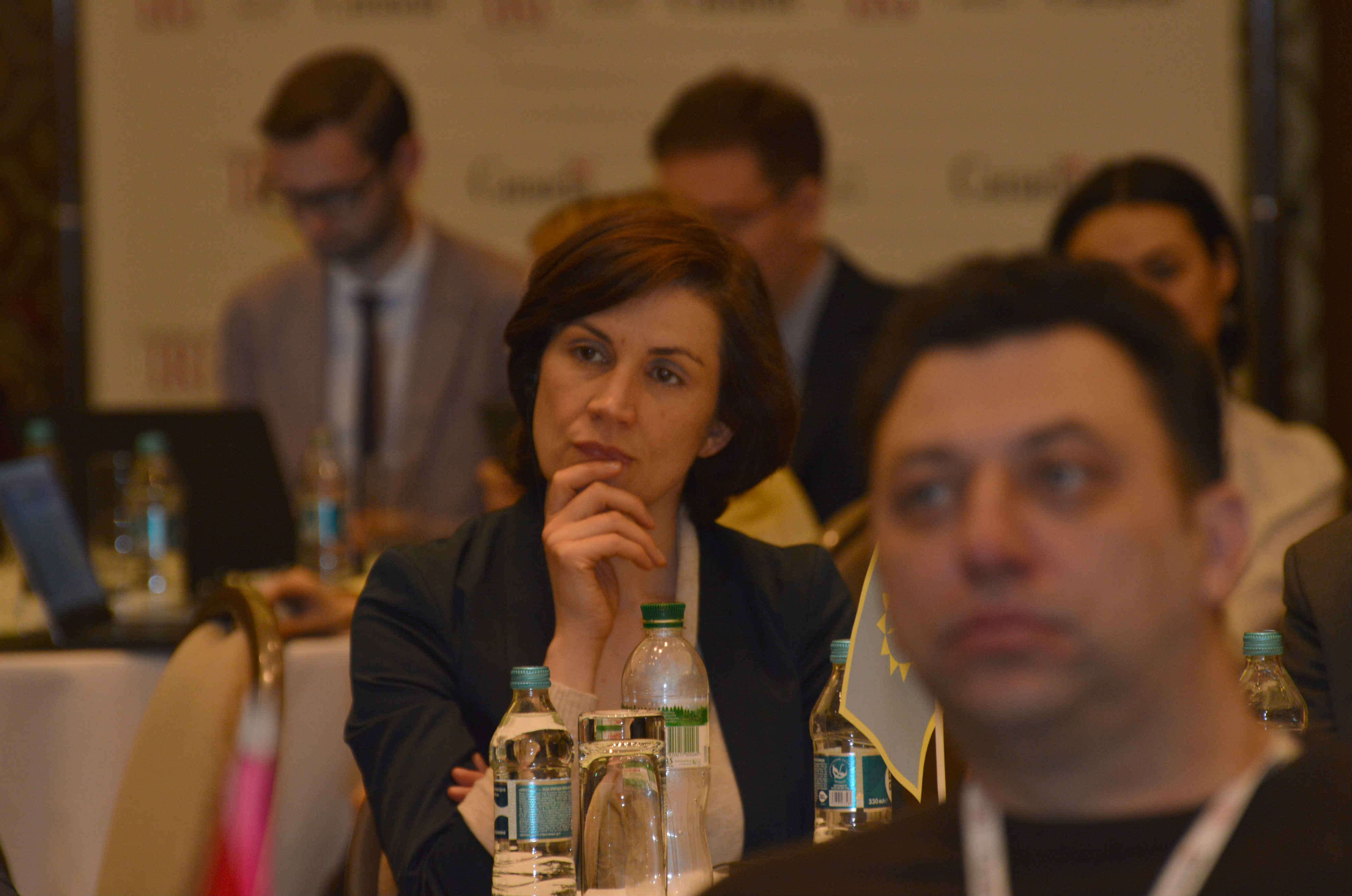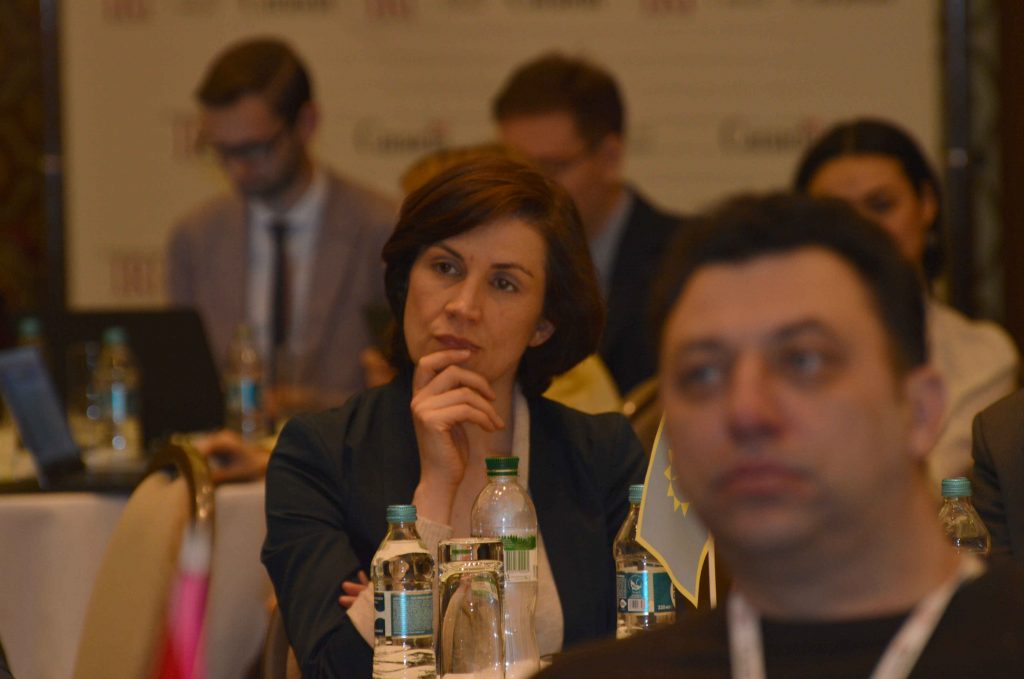 It’s been a rough several weeks for Ukraine in the news. From the firing of prominent reformer Davit Sakvarelidze from the Prosecutor General’s Office to the recent release of the “Panama Papers,” which seemingly link President Petro Poroshenko to several offshore accounts and sparked accusations from members of the Verkhovna Rada of abuse of office and tax evasion, the last few weeks may have led some in the West to doubt Ukraine’s commitment to democratic reforms.
It’s been a rough several weeks for Ukraine in the news. From the firing of prominent reformer Davit Sakvarelidze from the Prosecutor General’s Office to the recent release of the “Panama Papers,” which seemingly link President Petro Poroshenko to several offshore accounts and sparked accusations from members of the Verkhovna Rada of abuse of office and tax evasion, the last few weeks may have led some in the West to doubt Ukraine’s commitment to democratic reforms.
According to the International Republican Institute’s (IRI) latest national municipal survey, which includes the perceptions of more than 19,000 Ukrainians from twenty-four major cities, more than 90 percent of Ukrainians believe corruption is a significant or serious problem in their community, and frustration with Poroshenko and the Verkhovna Rada stands at troubling levels.
But that’s not the full story. Ukrainians are more optimistic about their local government. Ukrainians told pollsters that they trust and approve of their local mayors more than in previous years. In the cities of Kharkiv, Lviv, and Ternopil, more than 60 percent approve of their mayor’s activities and reforms according to the municipal survey.
Although political infighting at the national level has generated the headlines, one does not need to look far to see examples of real change taking place in Ukraine. We saw numerous examples at IRI’s second annual Democratic Governance Conference in Kyiv from March 31 to April 1. More than 100 local officials from every oblast (with the exception of Russian-occupied Crimea) attended. Kyiv Mayor Vitali Klitschko kicked off the conference.
“The main objective is to move from words to concrete actions to make sure people can feel the change that has happened. Not only does the world expect reforms from Ukraine, those reforms are now expected by ordinary citizens,” Klitschko said.
Klitschko said while Ukrainians are patient, they expect meaningful reform and are starting to see it at the local level, including in Kyiv where government meetings and the city budget are now open to the public.
The conference, which was supported by Global Affairs Canada, brought together mayors and other local officials to exchange ideas and listen to expert advice on improving local governance, including tackling issues of corruption, and improving transparency and the delivery of local services. The attendees also received in-depth analysis of IRI’s municipal survey, which contains valuable insights on issues ranging from the quality of municipal services to attitudes toward EU membership.
As IRI’s municipal survey revealed, replacing the patrol police in Kyiv, Kharkiv, Lviv, and Odesa was one of last year’s most popular reforms. It resulted in a significant boost in approval ratings of the police, and underscored the fact that Ukrainians respond positively to reforms that make a direct impact in their communities. Officials left the conference with additional practical suggestions for continued improvement in their cities.
These large gatherings of Ukraine’s local officials are a useful reminder that Ukrainians from all across the country are still working relentlessly to bring real change to their communities. As United States Ambassador Geoffrey Pyatt said on April 1, “Local government is the most vital piece of Ukraine’s democratic construction process,” and this energy was palpable.
But the pressure is on for Ukrainian officials to deliver real, tangible reforms.
“This the best opportunity Ukraine is ever going to have to achieve progress toward the modern European future that it deserves,” Pyatt said.
Although Ukraine has experienced setbacks along its path to democratic consolidation, we must not overlook the many local officials, civic activists, and reformers who—while they may not make it into international media—are working diligently to make a real difference in their communities and in their country.
Michael Druckman is the International Republican Institute’s Country Director in Ukraine, and Katie LaRoque is IRI’s Ukraine Program Officer in Washington, DC.
Image: More than 100 local officials from every oblast in Ukraine (with the exception of Russian-occupied Crimea) attended IRI’s second annual Democratic Governance Conference in Kyiv from March 31 to April 1. Credit: IRI
